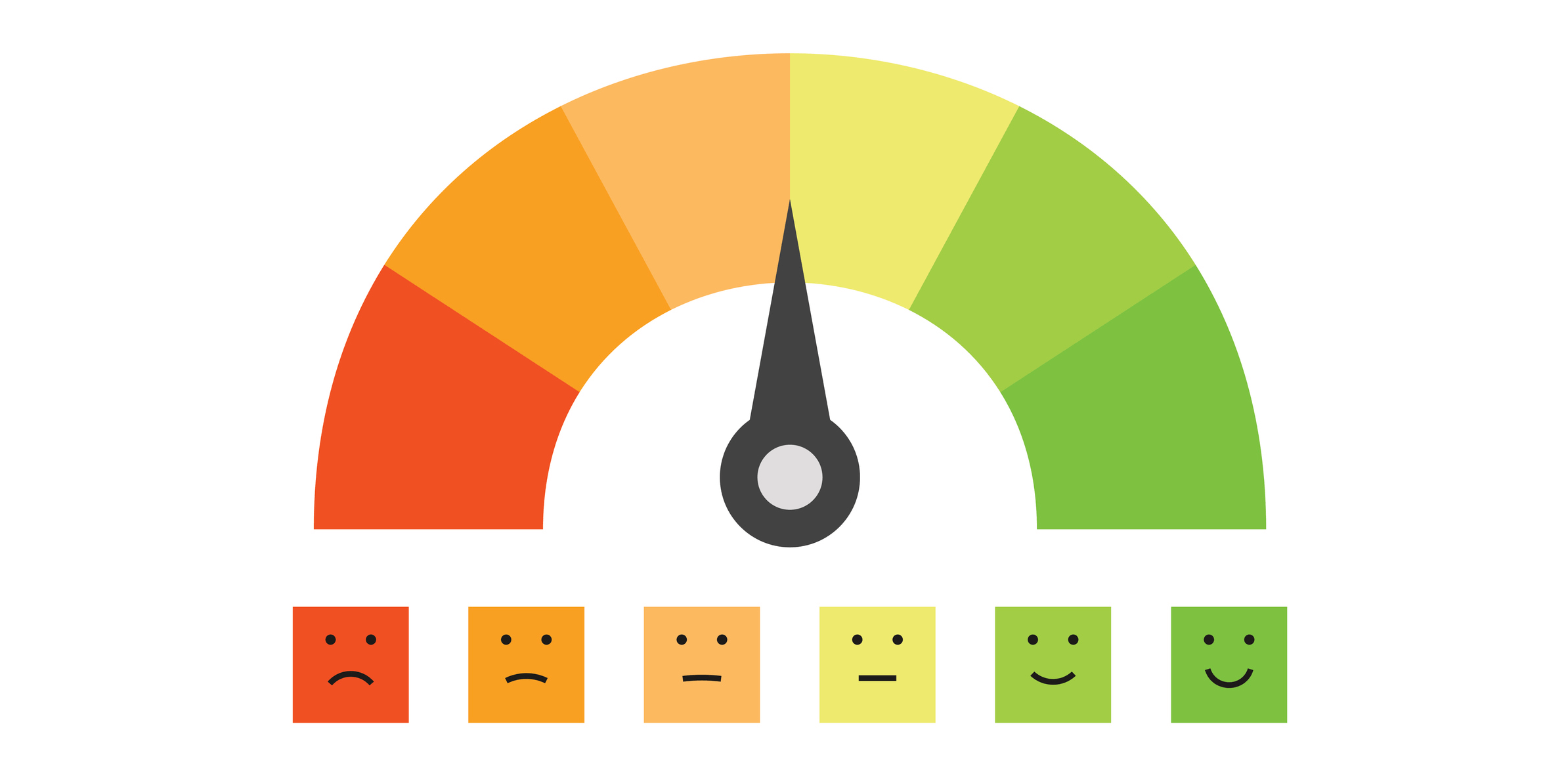FICO Score
When you apply for a loan, the lender usually takes a wide range of factors into consideration before deciding to approve or reject your loan application. One such factor is your FICO score. What is it and why is it important? Let’s investigate this further.
The History of FICO Score
The FICO score was developed by Fair, Isaac, and Company in 1989 to make it easier for lenders to determine the creditworthiness of their consumers. While there are other methods available to calculate people’s credit scores, the FICO method is usually considered one of the more reliable standards and is used by a large number of lenders in the country.
How is a FICO Score Calculated?
The FICO scoring system takes the following factors into account while calculating your credit score.
- Your payment history
- The total amount of debts you have
- Your credit utilization rate (the amount of credit you are using compared to your total credit limit)
- New credit (how often you open new accounts and apply for new loans)
- Length of credit history (how long you have had credit lines)
- Credit mix (the different types of credit accounts you have including student loans, mortgages, auto loans, business loans, and credit cards)
What is Considered a Good FICO Score? General Considerations
- 670: GOOD
- 740 to 799: VERY GOOD
- 800 to 850: EXCEPTIONAL
- 580 to 669: FAIR
- BELOW 580: POOR
Importance of Having a Good FICO Score
Having a good FICO score could offer you some advantages including faster loan approvals, access to more credit, and lower interest rates and fees. It is prudent to maintain a good FICO score as when possible
Prime Choice Funding is here for you. If you are planning to purchase a new home or refinance your existing home, we can help with your homeownership goals, call us at (877) 787-7463 or contact us here.





